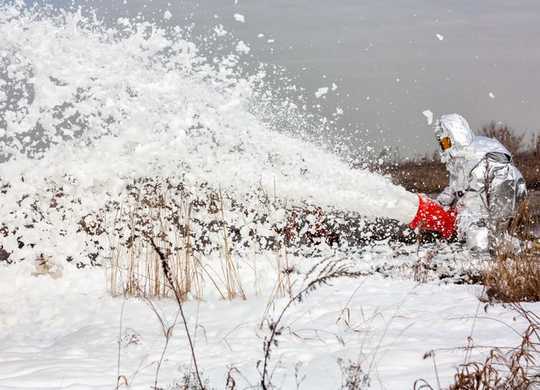- By Joshua S. Fu
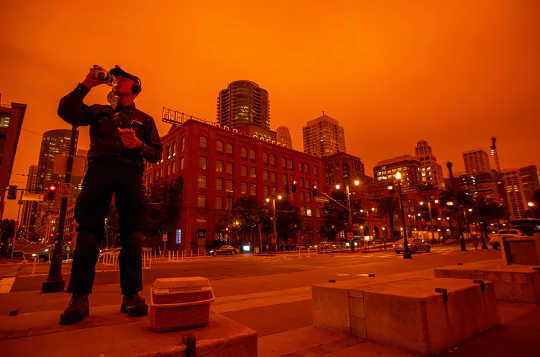
When you breathe in smoke from a wildfire, you’re probably inhaling more toxic chemicals than you realize.
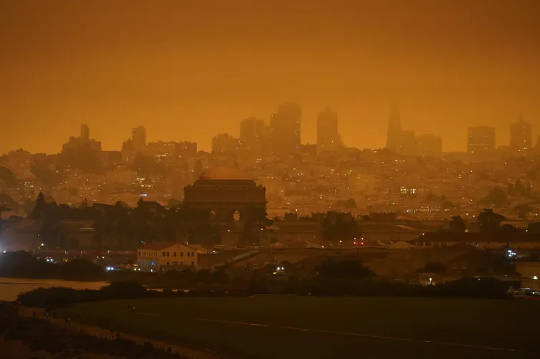
Wildfires have burned millions of acres in the western United States this year. Tens of thousands have been evacuated and thousands of buildings and other structures destroyed.

Since the pandemic struck, most people have been spending the majority of their time in the house. Those working from home have become ever more reliant on electricity for running office essentials, including computers, printers, phones and broadband.
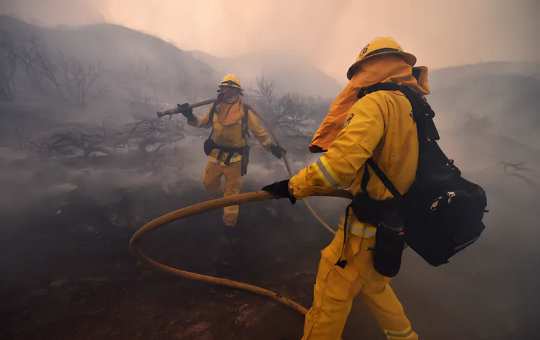
Two forces of nature are colliding in the western United States, and wildland firefighters are caught in the middle.
- By William Weir

Asphalt is a significant source of air pollutants in urban areas, especially on hot and sunny days, according to a new study.
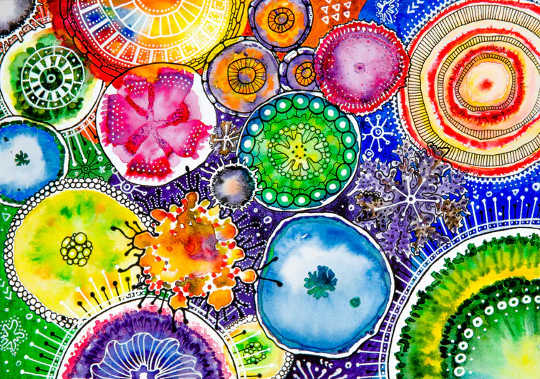
By 2050, 70% of the world’s population is expected to live in towns and cities. Urban living brings many benefits, but city dwellers worldwide are seeing a rapid increase in noncommunicable health problems, such as asthma and inflammatory bowel disease.
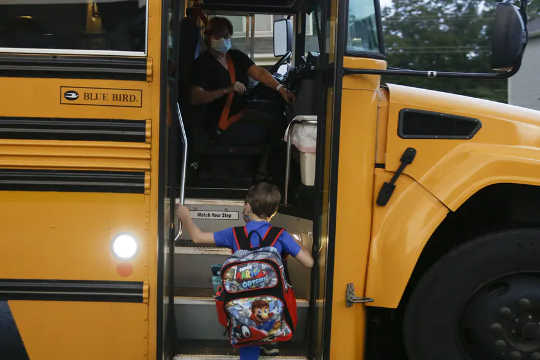
Short trips. Masks for everyone. Far fewer passengers than before. Those are my top recommendations for how America’s school buses should take kids to and from school during the pandemic.
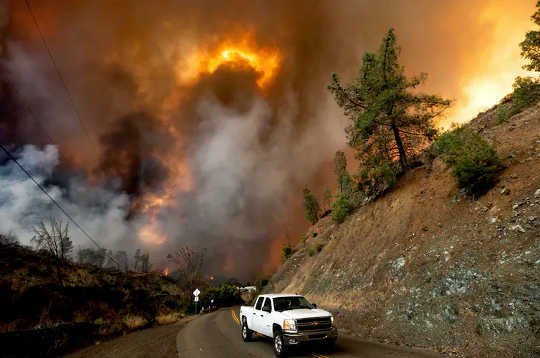
If I dare to give the coronavirus credit for anything, I would say it has made people more conscious of the air they breathe.
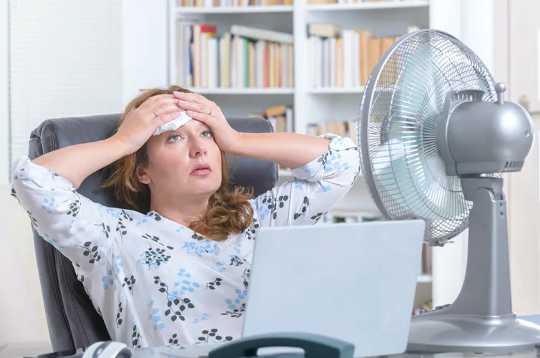
Heatwaves undoubtedly bring a certain joy at the opportunity to be out in the sunshine. But as the planet heats and weather records tumble, increasingly normal bouts of baking heat aren’t all sun and games.
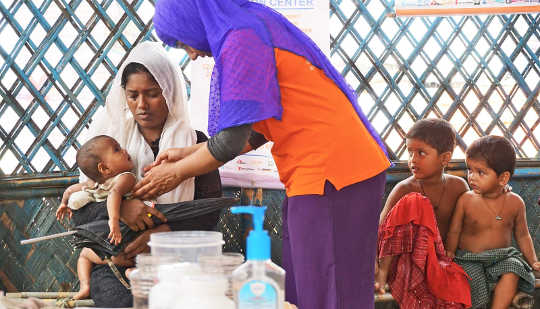 Malnutrition can lead to stunted growth. A new study of children in Bangladesh implicates 14 types of bacteria in the small intestine.
Malnutrition can lead to stunted growth. A new study of children in Bangladesh implicates 14 types of bacteria in the small intestine.
- By Shira Polan

Reviews of hundreds of studies show that a growing number of chemicals—in pesticides, flame retardants, and certain plastics—are linked to widespread health problems, including infertility, diabetes, and impaired brain development.

COVID-19 brought the relation between humans and animals to the core of social and scientific debates.
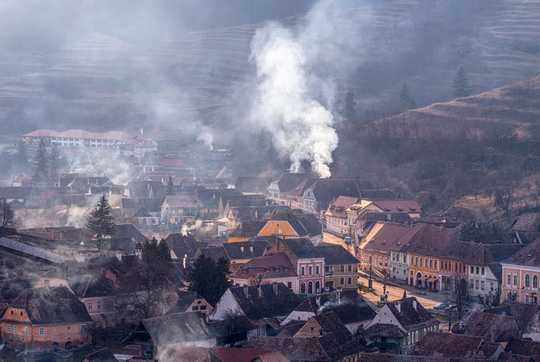
There’s a lesser-known source of pollution causing billions of dollars worth of health costs every year: indoor wood-fired heaters.
 American communities with more fast food restaurants, a larger share of extraction industry-based jobs, or higher population density have shorter life expectancies, according to new research.
American communities with more fast food restaurants, a larger share of extraction industry-based jobs, or higher population density have shorter life expectancies, according to new research.

Experiencing wildness is particularly important for physical and mental health, according to a new study on urban parks.

Scientists estimate that each year in the U.S., outdoor air pollution shortens the lives of about 100,000 people by one to two decades.
- By Linda Geddes

The sky is powder blue, and the sun magnificent, as I stride through glittering grass and fallen sycamore seeds to Dowth, a Neolithic passage tomb in County Meath.
- By Liza Selley

Up to 55% of roadside traffic pollution is made of non-exhaust particles, with around 20% of that pollution coming from brake dust.

The Trump administration is working to weaken U.S. environmental regulations in many areas, from water and air pollution to energy development and land conservation.

A federal jury in California has unanimously decided that the weedkiller Roundup was a “substantial factor” in causing the lymphoma of 70-year-old Edwin Hardeman, who had used Roundup on his property for many years.

By 2050, many scientists estimate that the world food supply will have to increase sharply from today’s level to meet anticipated demand from a global population of 9 to 10 billion people.

Blue light has gotten a bad rap, getting blamed for loss of sleep and eye damage. Personal electronic devices emit more blue light than any other color.

